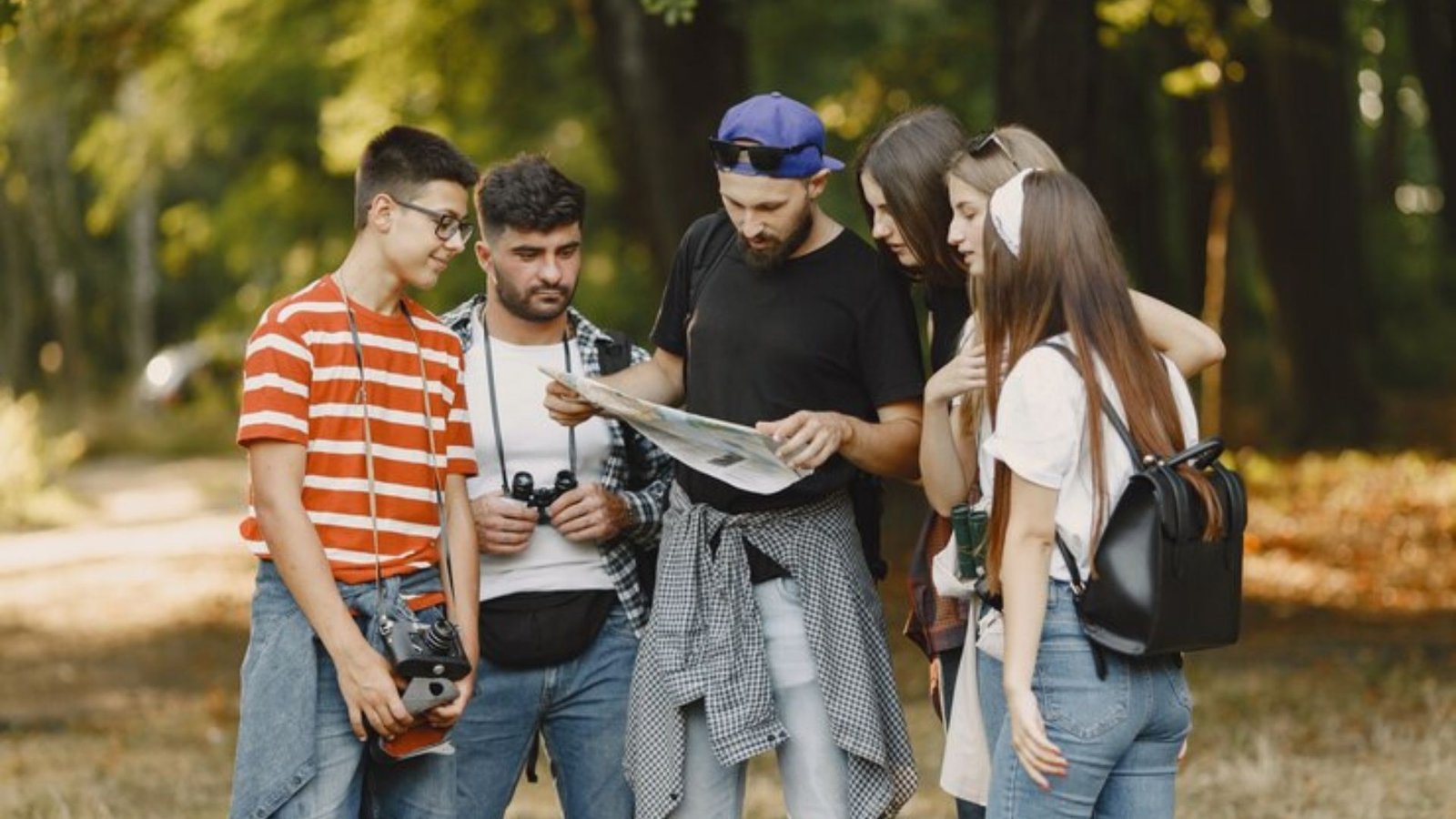Field trips are a valuable part of the educational experience, offering students the opportunity to learn outside the classroom in a practical, engaging way. Many corporations recognize the importance of supporting educational initiatives and welcome students for field trips. This article will explore various corporations that allow field trips, the benefits of such experiences, and how educators can facilitate these opportunities.
Benefits of Field Trips
Real-World Learning
Field trips provide students with the chance to see real-world applications of their classroom learning. For example, a visit to a local manufacturing plant can help students understand concepts in engineering and production.
Enhanced Engagement
Experiential learning through field trips enhances student engagement. Students are often more excited about learning when they can see and interact with the subject matter firsthand.
Development of Social Skills
Field trips promote teamwork and social interaction among students. They learn to collaborate, communicate, and develop friendships outside of the traditional classroom setting.
Exposure to Career Options
Visiting corporations can expose students to various career paths and industries. This exposure can be particularly beneficial for high school students considering their future careers.
Corporations That Allow Field Trips
NASA
NASA offers a variety of educational programs for students, including field trips to their facilities. Students can learn about space exploration, science, and technology through interactive exhibits and discussions with experts.
The Coca-Cola Company
Coca-Cola provides field trip opportunities at its World of Coca-Cola museum in Atlanta, Georgia. Students can explore the history of the brand, the science of carbonation, and participate in fun, interactive activities.
Ford Motor Company
Ford welcomes school groups to its facilities for educational field trips. These visits often include hands-on activities related to engineering, automotive technology, and sustainability.
Disney
The Walt Disney Company offers educational programs at its theme parks, providing students with insights into the entertainment industry, storytelling, and business operations. Students can participate in workshops and presentations tailored to their grade levels.
Microsoft
Microsoft’s corporate campus offers field trips for students interested in technology. Participants can learn about software development, artificial intelligence, and other tech innovations while exploring the company’s facilities.
Google allows field trips at its headquarters in Mountain View, California. Students can learn about the tech industry, innovation, and the importance of creativity and collaboration in business.
Local Zoos and Aquariums
Many zoos and aquariums partner with local schools to offer educational field trips. Organizations like the San Diego Zoo and the Georgia Aquarium provide students with hands-on learning experiences related to biology, conservation, and environmental science.
NASA’s Jet Propulsion Laboratory (JPL)
JPL offers educational field trips where students can learn about space missions, robotics, and planetary science. They host workshops, lectures, and interactive exhibits designed to inspire the next generation of scientists and engineers.
The Smithsonian Institution
The Smithsonian provides educational field trip opportunities across its museums and research centers. Students can explore topics in history, art, and science through curated exhibits and hands-on activities.
General Electric (GE)
GE offers field trips at various locations, including its aviation and energy facilities. Students can gain insights into engineering, manufacturing processes, and innovative technologies.
How to Organize a Field Trip
Identify Educational Goals
Before planning a field trip, it’s essential to identify the educational objectives. Consider what subjects or skills you want the students to gain from the experience.
Research Corporations
Identify corporations that align with your educational goals. Look for those that offer field trips and consider their locations, program offerings, and availability.
Contact the Corporation
Reach out to the corporation to inquire about their field trip programs. Ask about scheduling, group size limitations, and any costs associated with the visit.
Plan Logistics
Coordinate transportation, permissions, and necessary materials for the trip. Ensure that you have all the necessary forms signed by parents or guardians.
Prepare Students
Prepare students for the trip by discussing what to expect, the purpose of the visit, and any questions they might want to ask during the trip. This preparation can enhance their engagement and learning.
Conclusion
Field trips can be transformative experiences for students, bridging the gap between theoretical knowledge and real-world application. Corporations that allow field trips play a crucial role in fostering educational growth and inspiring the next generation. By exploring opportunities at organizations like NASA, Coca-Cola, Ford, Disney, Microsoft, and many others, educators can provide students with enriching experiences that spark curiosity and learning.
ALSO READ:Three Things You Can Let Go Of to Transform Your Life
FAQs
What age groups can participate in corporate field trips?
Most corporations cater to a wide range of age groups, from elementary school students to high school seniors. However, it’s essential to check with each corporation regarding specific age restrictions for their field trip programs.
Are field trips free?
Field trips may be free or require a nominal fee, depending on the corporation. Some organizations offer scholarships or grants to cover costs, so it’s worth inquiring about financial assistance.
How do I find out which corporations offer field trips?
You can research local corporations through their websites, educational outreach programs, or by contacting local education departments for recommendations on businesses that facilitate field trips.
What should students bring on a field trip?
Students should bring any required materials as specified by the teacher or corporation, such as notebooks, pens, or specific assignments. It’s also a good idea to pack water bottles and snacks, if allowed.
Can parents chaperone field trips?
Many schools encourage parents to chaperone field trips, especially for younger students. Check with your school’s policies regarding chaperones and volunteer opportunities.

